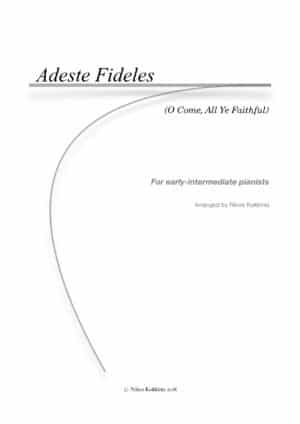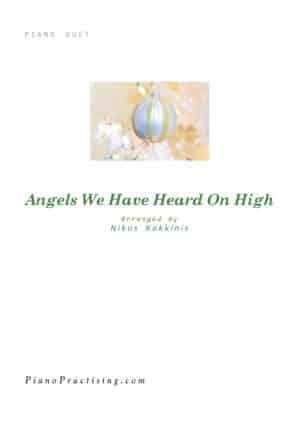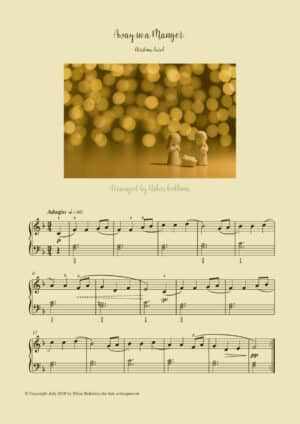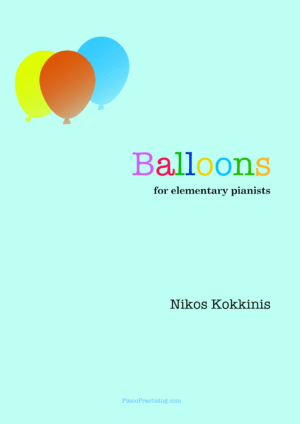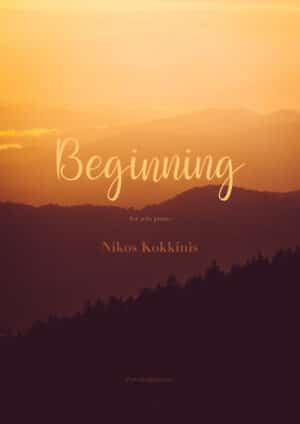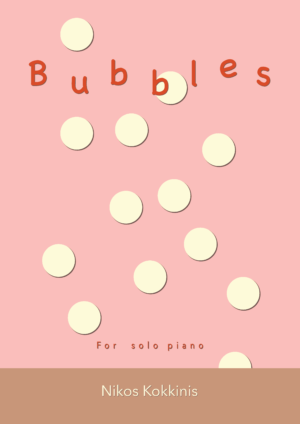
Why Piano is Hard
Even though every instrument has its own difficulties to master, however, I believe that we do have to play one of the hardest instruments, albeit being second hardest to the triangle.
So, here are some of the reasons piano is so hard:
a) One of the usual answers as to why the piano is hard to play (let alone to master) is because we can grow to not like it. To put things into perspective, it’s like liking food; I don’t know of anyone who finds eating ice cream hard. Whereas, I know a few people who find eating broccoli hard, even though it’s healthier than ice cream.
b) Piano is also hard because we can’t be bothered to practise. If you look closely in this website, piano requires practising and in addition to that, a few other qualities such as patience and strategic minds. So, if we don’t want to suffer in the practice room, we must understand from the beginning that piano requires spending a considerable amount of time sitting on a piano stool.
c) Continuing into the hardness twaddle, piano is also hard for a reason that many music thinkers forget to consider: its anatomy. If, for example, you play the violin you have, in essence, more control over the outcome of the sound, because, to cut to the chase, you have a more direct, physical contact with the strings and the bow and so, there are less “mediators” between you and the instrument in order to control it. Whereas, in order to play piano a pianist will face a few more issues, such as
1. Every piano has its own idiosyncrasies; and quite often a pianist will have to perform in a different instrument.
2. Each key can be differently adjusted to the next one.
3. Depth of keys varies from one instrument to another.
4. Response of hammer felt can differ from instrument to instrument and from note to note.
5. Pedaling can be challenging as it is, but having to adjust in a new piano makes producing your desired performance even harder.
6. Keys size and overall response can differ from piano to piano.
By trying to resemble the singing of the human voice and also the polyphony of the orchestra, piano adds unique challenges to the pianist too.
Performing with the piano is like trying to create a sand sculpture not with your hands but with some sticks connected to strings; it’s much harder.
So, keep practising and just see how it goes. Famous expression of the day: No pain, no gain.
=====
Copyright © by Nikos Kokkinis
Inspiring music…
-
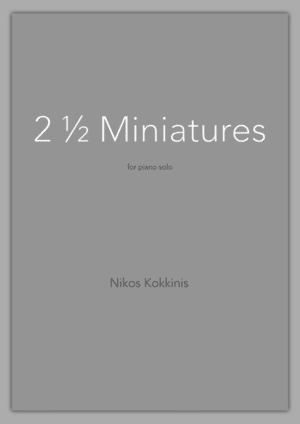
2 1/2 Miniatures
4,00 € – 8,00 € - (Inc. VAT) - Sale!

24 Products Bundle (Studio & Single licensed)
40,00 € - (Inc. VAT) - Sale!

A Lonely but Content Pumpkin | Piano Solo
3,00 € – 8,00 € - (Inc. VAT) -

A Party I Wasn’t Invited To
4,00 € – 8,00 € - (Inc. VAT) -

Adeste Fideles (O Come, All Ye Faithful) for early-intermediate pianists (piano solo): STUDIO LICENSE
8,00 € - (Inc. VAT) -

Angels We Have Heard On High – Piano Duet for four hands: STUDIO LICENSE
8,00 € - (Inc. VAT) -

Away in a Manger | Elementary piano
3,00 € – 5,00 € - (Inc. VAT) -

Balloons | elementary solo
4,00 € - (Inc. VAT) -

Beethoven | Für Elise
3,00 € – 5,00 € - (Inc. VAT) -

Beethoven | Waltz in E-flat Major
3,00 € – 5,00 € - (Inc. VAT) -

Beginning | Early-advanced piano
4,00 € – 8,00 € - (Inc. VAT) -

Bubbles | Mid Elementary Piano Solo
4,00 € – 8,00 € - (Inc. VAT)




